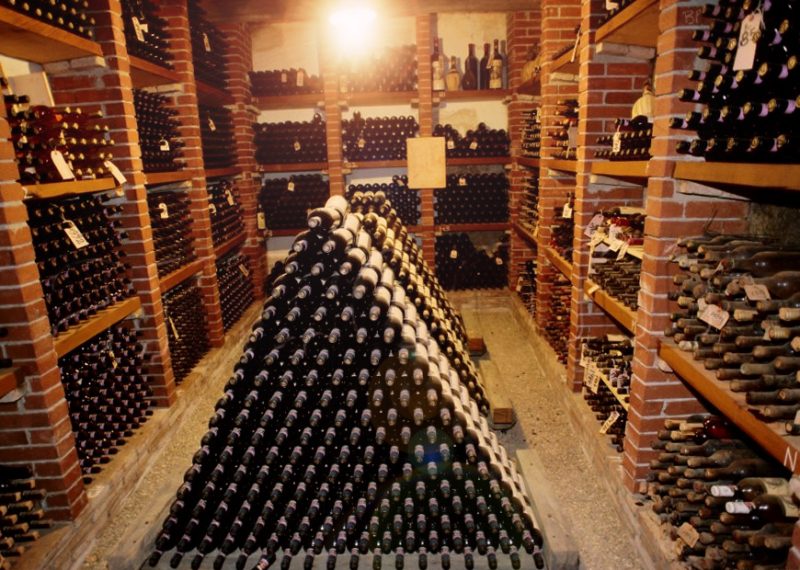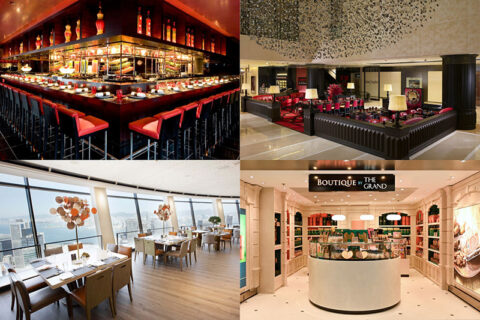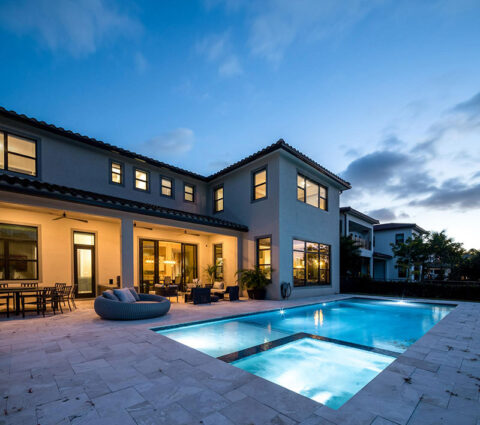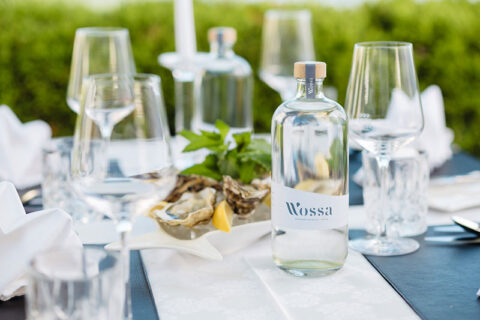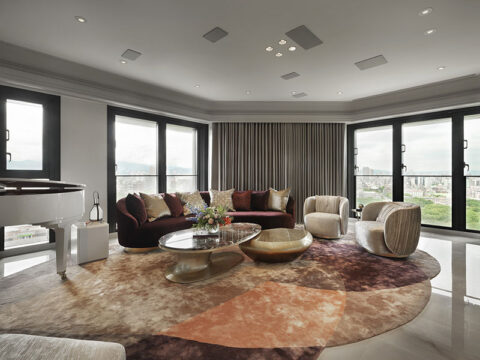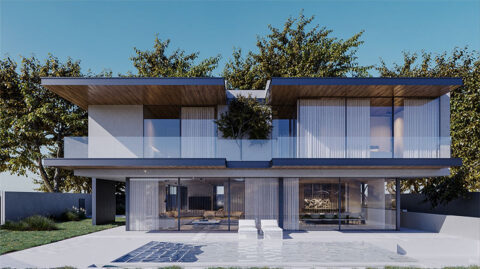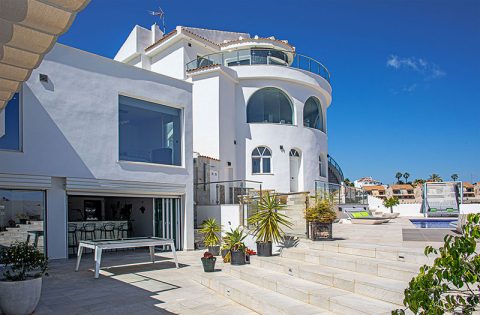If you own a wine club or are an avid wine collector, then it’s a must that you know the different aspects and benefits of a wine cellar. So read this article and study the meaning and various management aspects of a wine cellar.
Basically, a wine cellar is a kind of storage room or storage lot for wines in barrels or bottles. The wines could also be plastic containers, amphoras and carboys. The cellars are generally and prominently situated completely underground. These also have a direct contact with the surrounding soil following small gaps in the initial foundations.
These wine cellars provide the opportunity for protection of alcoholic beverages from prominently and typically harmful external factors. Moreover these provide a constant apt temperature and darkness to the wines. These are also used as modish surrounding for tasting of wine.
Well, the cellar management and wine management systems are reciprocals and dependent on each other. So let us study the various aspects of cellar management in the context of wine management system.
There are 4 basic elements that you need to manage in the wine cellar for elongated and effective storage of wine. These four elements are basically position, light, temperature and humidity. These four aspects need to be taken care off well, so that that every wine that comes out of the cellar tastes fine and people can enjoy it.
Position and Peace
The first thing which plays an essential part in cellar and wine management is the peace and position of the wines. The bottles need to be kept safely in a horizontal manner, so that they are not disturbed in any case. The reason that the bottles should be laid horizontally is that they should always be in touch with the cork and thus get prevented from drying. If the cork dries out, then the bottle would get affected by the bacteria, fungus and yeast, and this would later create off flavors in the wine.
It should be also ensured in the cellar room that the wine remains undisturbed for a very long time. As the time would pass, the wine would age and change itself in the bottle. It would continue to form sediments and these sediments should sink to the bottom of the bottle.
Temperature
Cellar management also requires that an appropriate temperature be maintained in the cellar. The wines in any case should be kept away from extreme cold temperatures and heat sources. The wines should not be stored in freezing temperatures which could cause the bottles to break. The wines should not be exposed to heat above 64F so that wines don’t get cooked up in the bottle and develop off flavors. So there should be maintenance of a constant temperature.
Light and Humidity
Wine should be protected from strong and direct sunlight as it could have an adverse effect on the body and aroma of the wine. Darkness is the best option that should be maintained in a wine cellar. The humidity factor should also be kept in mind and the humidity level should be maintained high to avoid cork shrinking from the outside.

